WWU PROFILES
While only three instructors can be fully featured each year in the Innovative Teaching Showcase, clearly there are many educators doing the essential work of this year's theme: Critical Thinking. This year's Showcase includes this Profiles section to provide a more complete picture of the work WWU instructors are doing and to inspire others to try critical thinking teaching strategies (see also, Ideas) such as those implemented by our WWU colleagues.
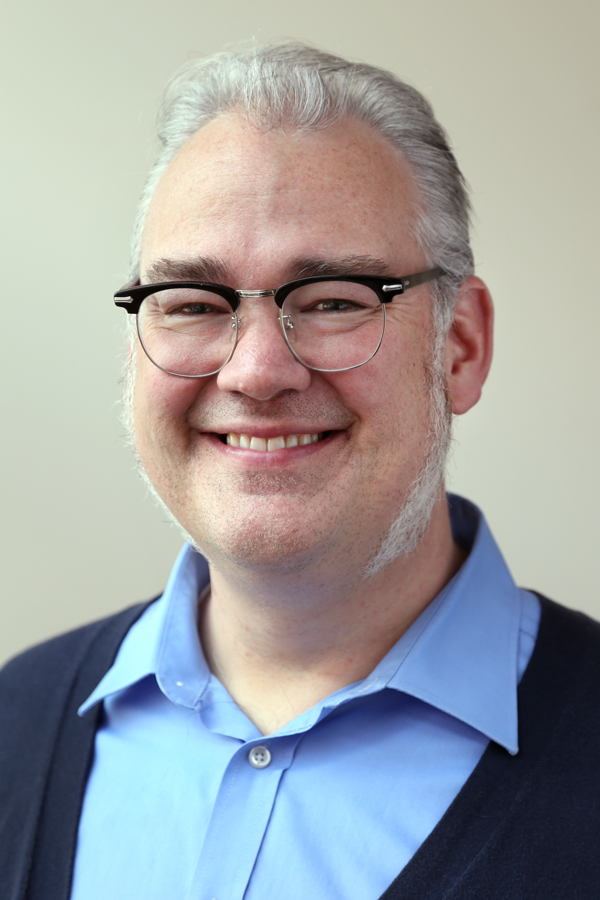
Brian J. Bowe
Department of Journalism
Brian is a model of critical thinking both in his own research and for his students. He has strong interest in developing course content that makes his students think in a collaborative way. In his research, he employs critical thinking in his study of media framing and publishes articles related to teaching and student success.
- JOUR 480: Senior Seminar (view syllabus)
- Connects with students through formative assessment and helps them understand complicated theories in a relevant way.
- Equips his students in newswriting and reporting with critical thinking skills for evaluating sources of information.
- Engages his students to promote their final work.
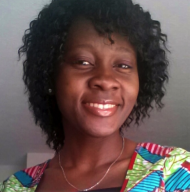
Rita Daniels
Department of Communication Studies
Rita emphasizes critical thinking throughout her Communication Studies courses, engaging students with the material from a variety of perspectives and encouraging active, in-depth discussions. Her major areas of focus are Intercultural and Organizational Communication, and the courses encourage students to reconsider their own ideas and look at issues from new vantage points.
- COMM 428: Organizational Communication (view syllabus)
- Requires students to go beyond the textbook to seek out and then assess relevant materials of their own choosing, which they respond to both orally and in writing.
- Students experience discussions both as participants and facilitators; several class sessions task students with either presenting their own materials for discussion or articulating discussion questions based on reading classmates’ materials.
- Assigns an organizational culture project, which aims to not just report but also comment on components of organizational culture in connection with theoretical frameworks and academic literature. (view assignment)
- Requires drafts and revisions of final products to ensure deeper learning and critical thinking about content and their own work.
- Uses clear specific rubrics to guide and assess students’ progress.
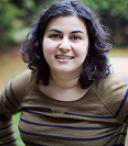
Shirin Deylami
Department of Political Science
Shirin applies a critical lens to products of popular culture and brings this lens to the classroom, incorporating aspects of critical thinking to her teaching and learning practices.
- PLSC 493: Issues in Political Theory - Politics and Film: American Exceptionalism and the Politics of the Other (view syllabus)
- Examine how American films represent, interpret, and challenge conventional ideas about American exceptionalism and America's relationship to other nations, lands, and peoples.
- Analyze and evaluate political claims, concepts, and subtexts shaping US films.
- Develop appropriate critical thinking methods.
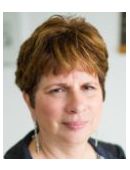
Amanda Eurich
Department of History
This year Amanda introduced the Reacting to the Past role-playing pedagogy, pioneered by Mark Carnes at Barnard College, to Western students. Students in her course on the French Revolution incarnated famous as well as lesser-known figures in the Revolution. For three weeks students directed the action of the class, often appearing in costume (with props) to help them command the podium, stage riots, plot conspiracies, and marshal the power of the press to change the direction of history.
- History 390: Reacting to the Past: The French Revolution
- Thought more critically about the politics of civil resistance and the democratic process.
- Encouraged students to take risks by interacting with the historical texts in ways that strengthened their creative impulses
- Enhanced their ability to write in different registers by deploying the emotional and rhetorical power of language
- Pushed students to assess the logic of political ideologies different from their own.
- Helped students become more confident public speakers.
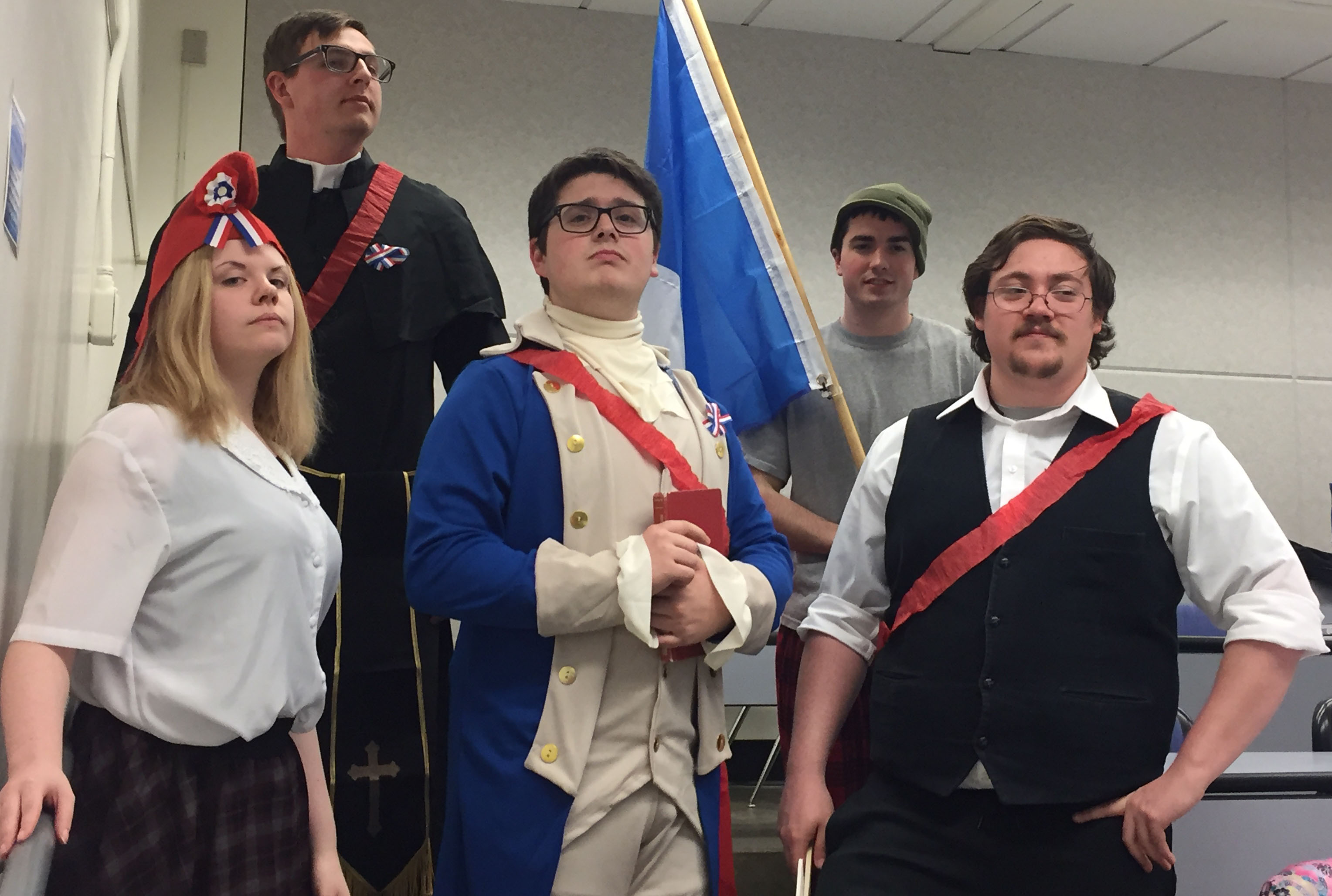
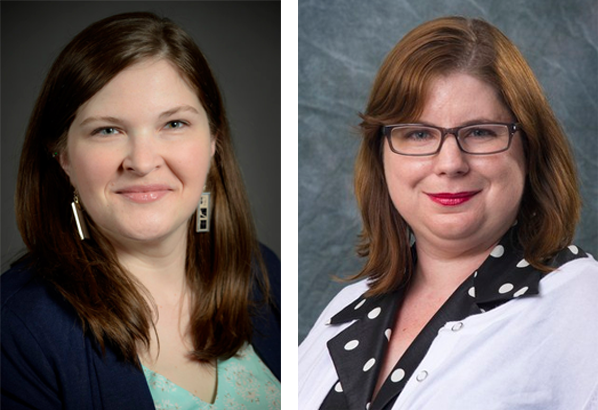
Rebecca Marrall and
Jenny K. Oleen
Western Libraries
Rebecca and Jenny have edited an open-source textbook written by library, archives, and Learning Commons professionals at WWU Libraries, which is available to all Western students, faculty, and staff. Its purpose is to teach about the research process and introduce the available resources at Western Libraries.
- The Research Process: Strategies for Undergraduate Students (view "How to Use") (view Table of Contents)
- Explore and evaluate different information sources.
- Learn how to develop robust search strategies for information source.
- Learn about copyright practices and Fair Use.
- Learn how to synthesize and correctly cite research materials.
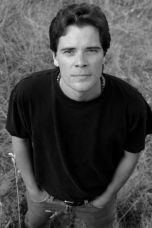
Christopher Patton
Department of English
Christopher's innovative, or in this case ancient, Socratic teaching style promotes co-teaching and student-led discussion that strengthens students' critical thinking skills.
- ENG 453: Creative Writing Seminar: Poetry - Poetics of the Rhizome
(view syllabus) - Uses poetry and poetic texts from an outsider Western tradition (Black Mountain) and then from outside the Anglo-American tradition.
- The arranging idea, the rhizome, is hard to wrap your head around.
- Student-centered pedagogy that has evolved into a collaborative form of co-teaching.
- Creative exercises that seem simple but are difficult to accomplish, such as, "Write a poem that enacts spring.", "Write a poem that taps into myth consciousness."

David Rossiter
Department of Environmental Studies
David exemplifies a professor who emphasizes critical thinking in all his courses and research. He brings an insistence on a broad conception of his department's teaching as in the liberal arts tradition to our department discussions of mission, curriculum, and pedagogy.
- Geography and Canadian-American Studies
- Students are presented with primary and secondary sources about environmental disputes, contested landscapes, etc., as well as frameworks for discursive analysis
- Examine and think about the varied points of view, vested interests, and power dynamics in these documents and inscribed on the landscape
- Transfer analytical skills to different times and places
- Sparked imaginations and inquiry while promoting his particular answers to the complex histories involved.
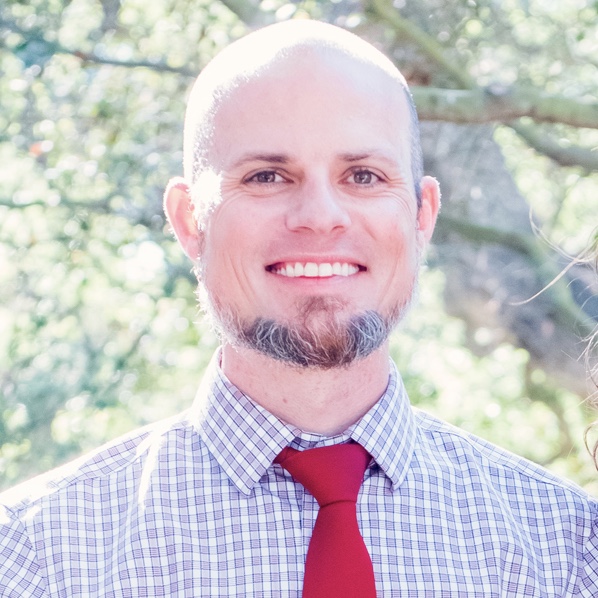
Neal Tognazzini
Department of Philosophy
Neal has distinguished himself as an innovative and inspirational teacher, revitalizing the Critical Thinking course in the Philosophy Department and incorporating essential critical thinking and analysis skills in his teaching.
- PHIL 107: Critical Thinking (view syllabus)
- Examines role played by our inarticulate background beliefs about the world and each other.
- Develop a vocabulary that allows them to articulate these background beliefs and identify when they break down.
- Complete a case study in which students are required to analyze the reasoning in a Sherlock Holmes story using the techniques and vocabulary developed in the class.

Dean Wright
Department of Journalism
Professor Wright promotes critical thinking in his ethical journalism classes through reading assignments, case studies, study questions, and seminar discussions. Students tackle a broad range of issues in ethics and analyze the ethical landscape of media and life.
- JOUR 351: Choices and Consequences: Ethics for Mass Communicators
(view syllabus) - Learn to recognize ethical dilemmas, analyze the issues at stake and make defensible decisions.
- Understand what it means to be an ethical journalist or public relations professional.
- Develop an understanding of ethical issues in a global context.
- Develop an understanding of philosophy, ethical theory and the guiding principles of journalism to help you make ethically sound decisions in your professional life and your personal life.
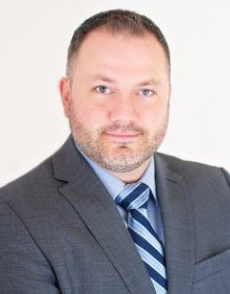
Cameron Wühr
Student Outreach Services
Cameron captures the principles of critical thinking by providing a framework for students to reflect upon, equipping students with skills to evaluate information sources, encouraging students to take academic risks to develop critical thinking skills, and promoting activities that strengthen abstract, creative, ethical, and independent thinking.
- EDUC 108: Purposeful Learning (view syllabus)
- The lesson plans, activities, and critical conversations in this course set the foundation for first-year students to holistically understand and appreciate the values of a critical thinker.
- Students apply critical thinking skills through self-assessments, discussions, case studies, reflection journals, scholarly articles, and critical conversations.
